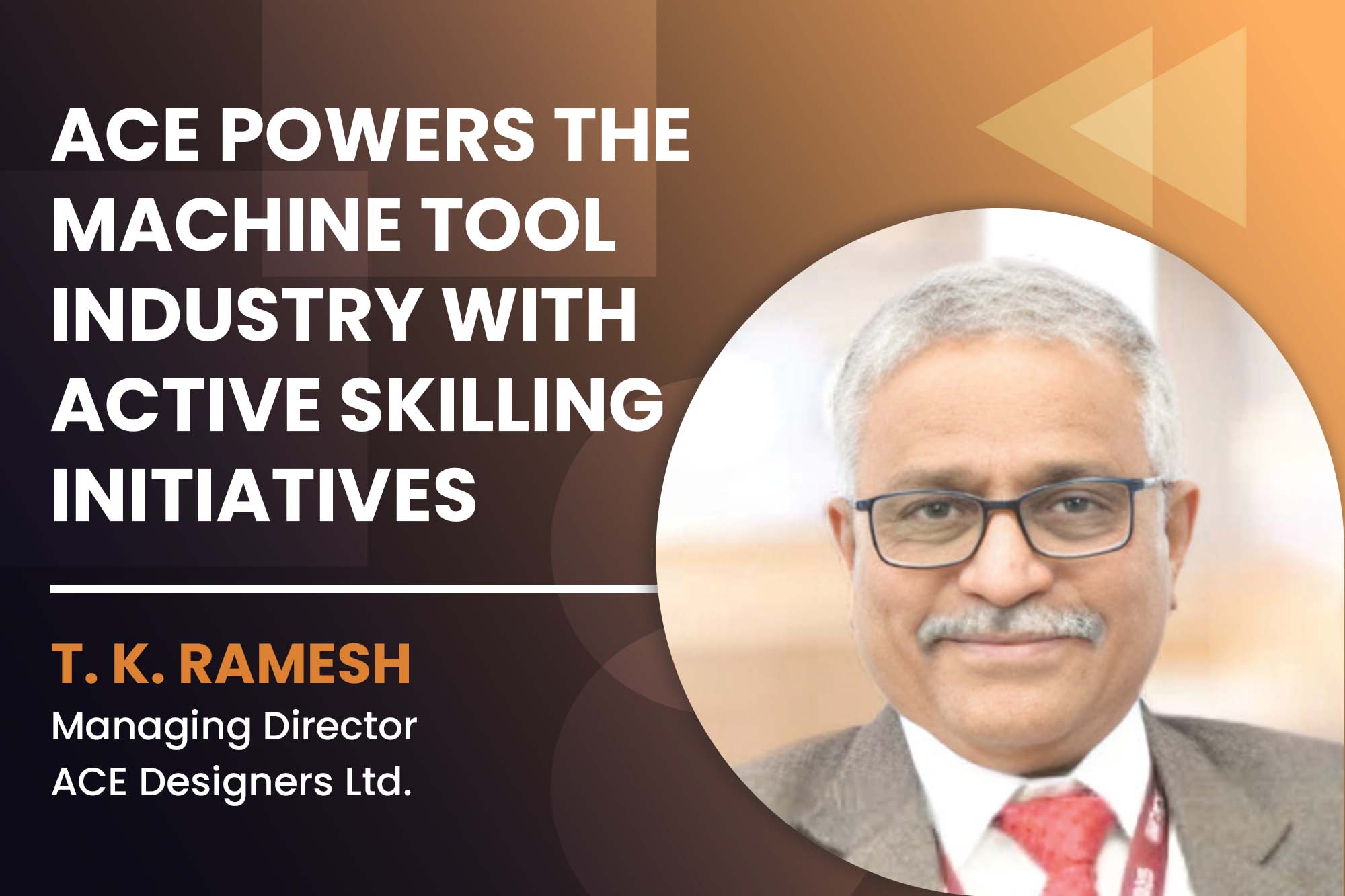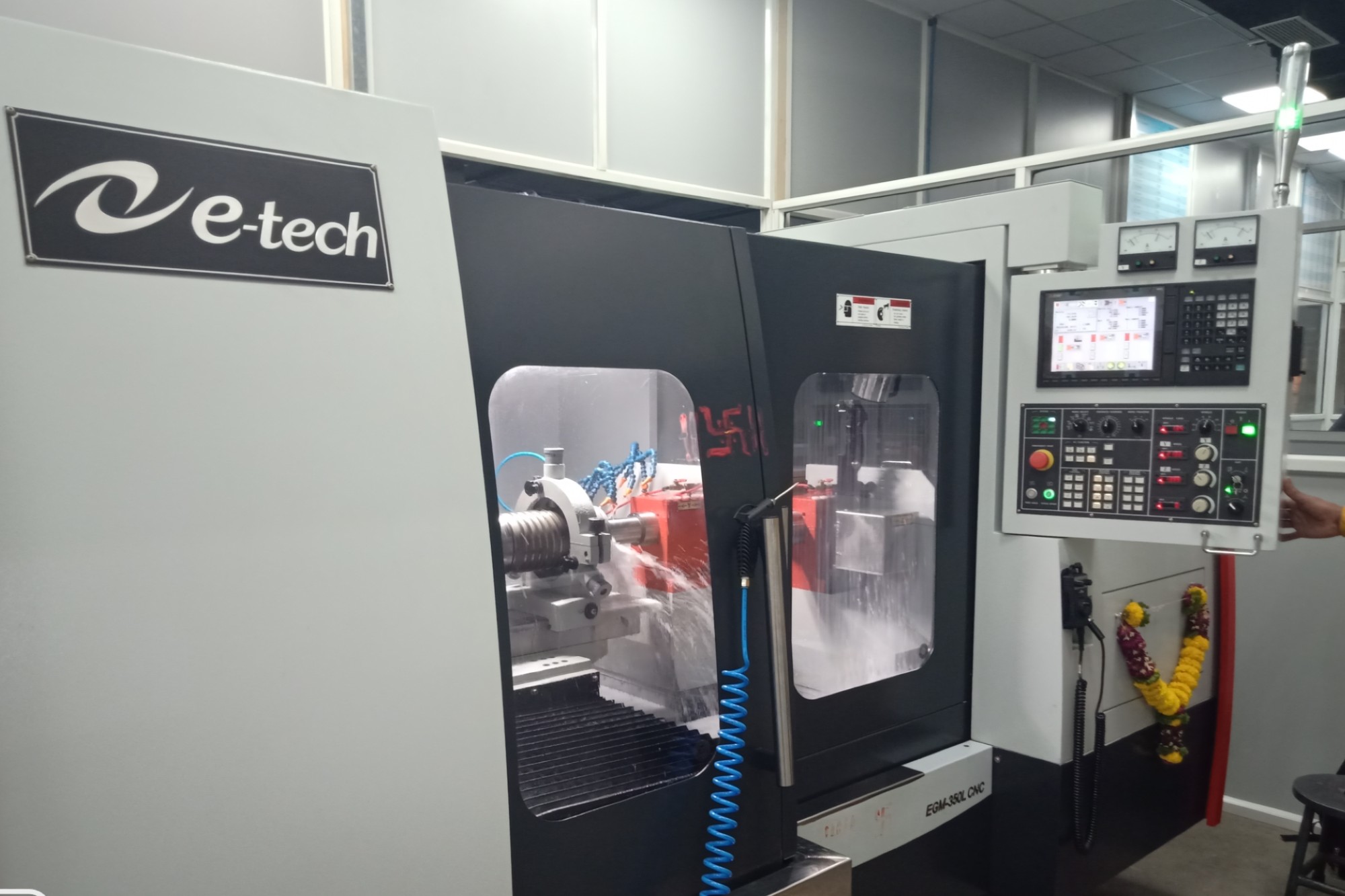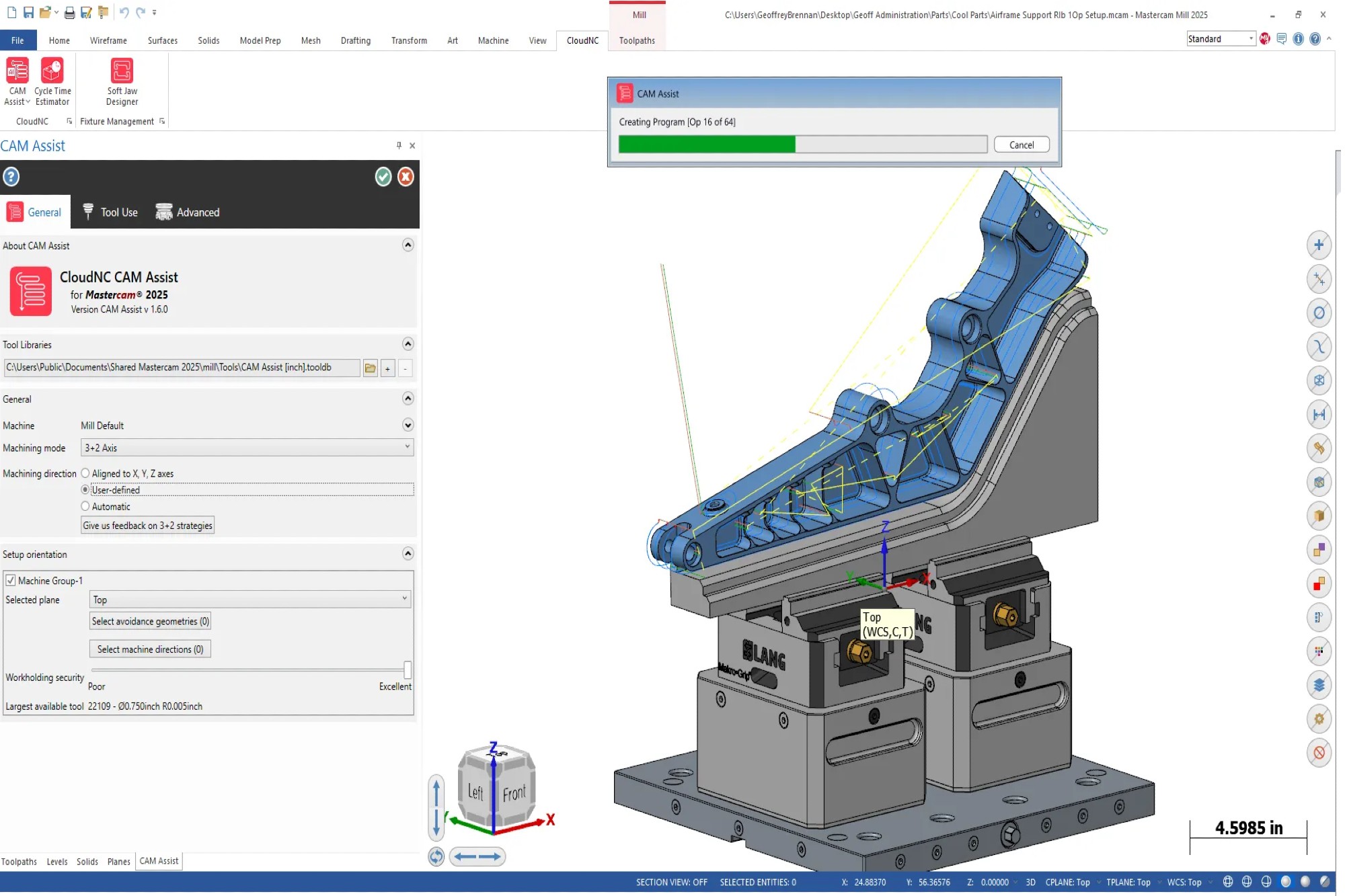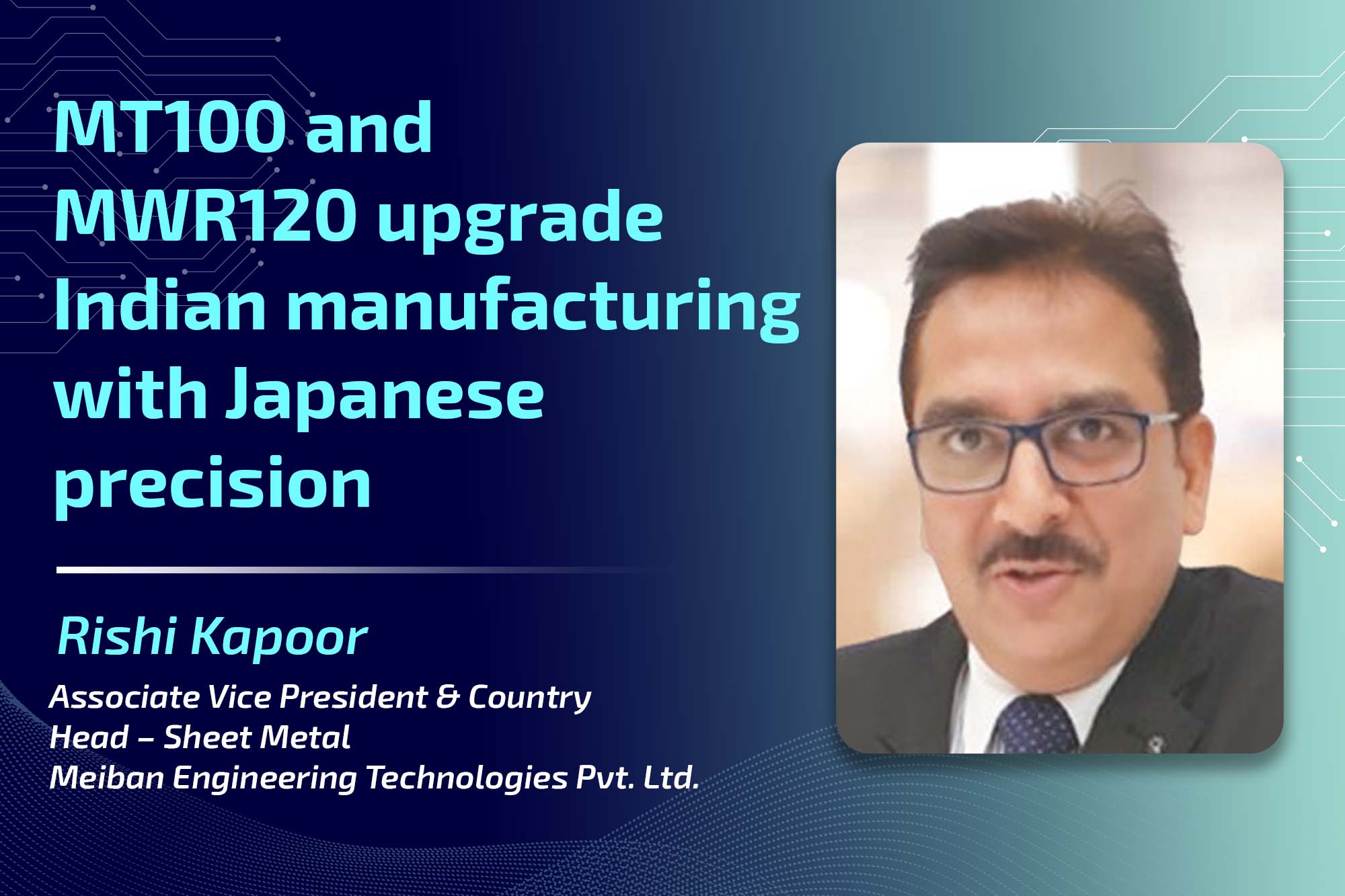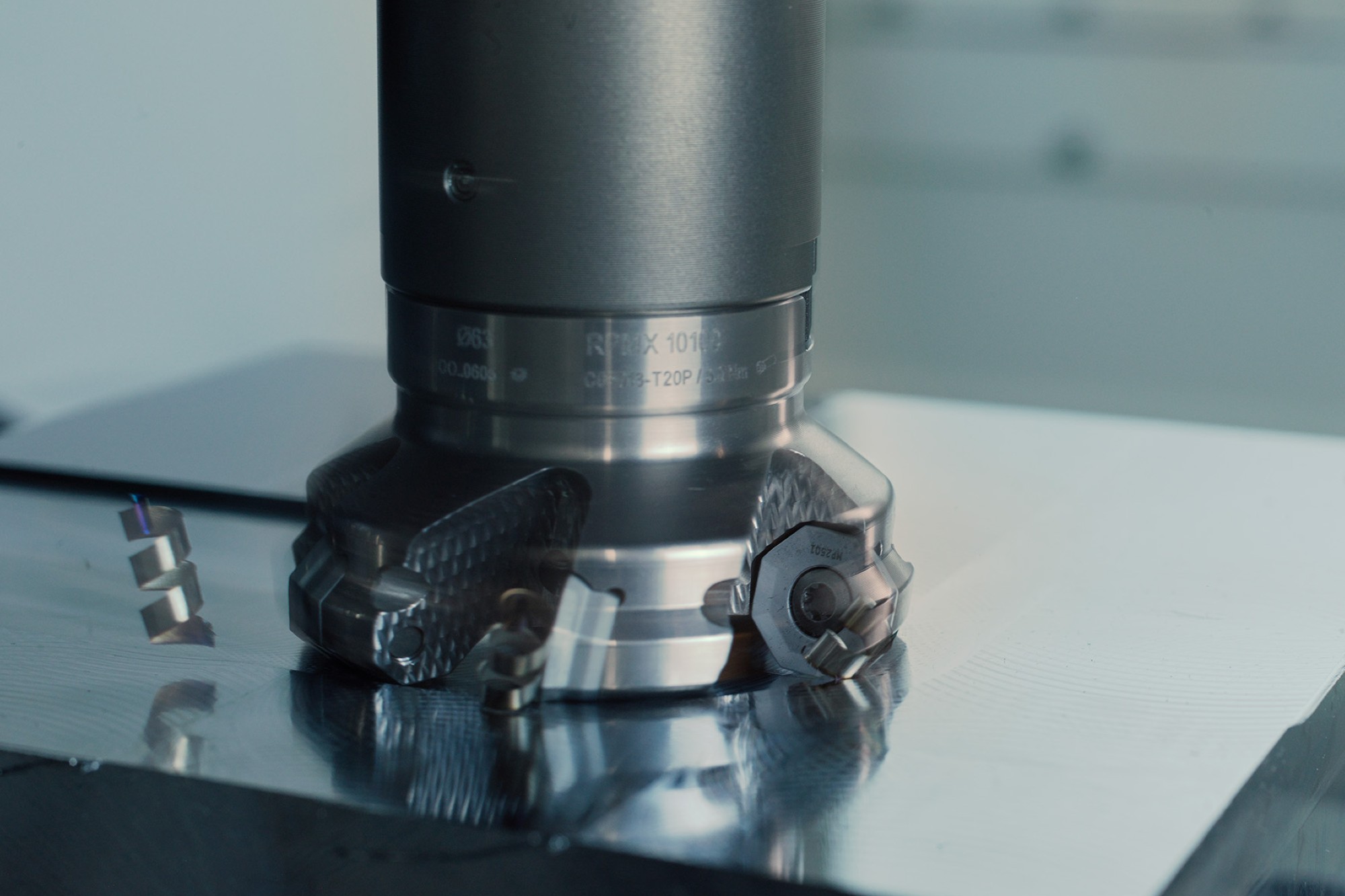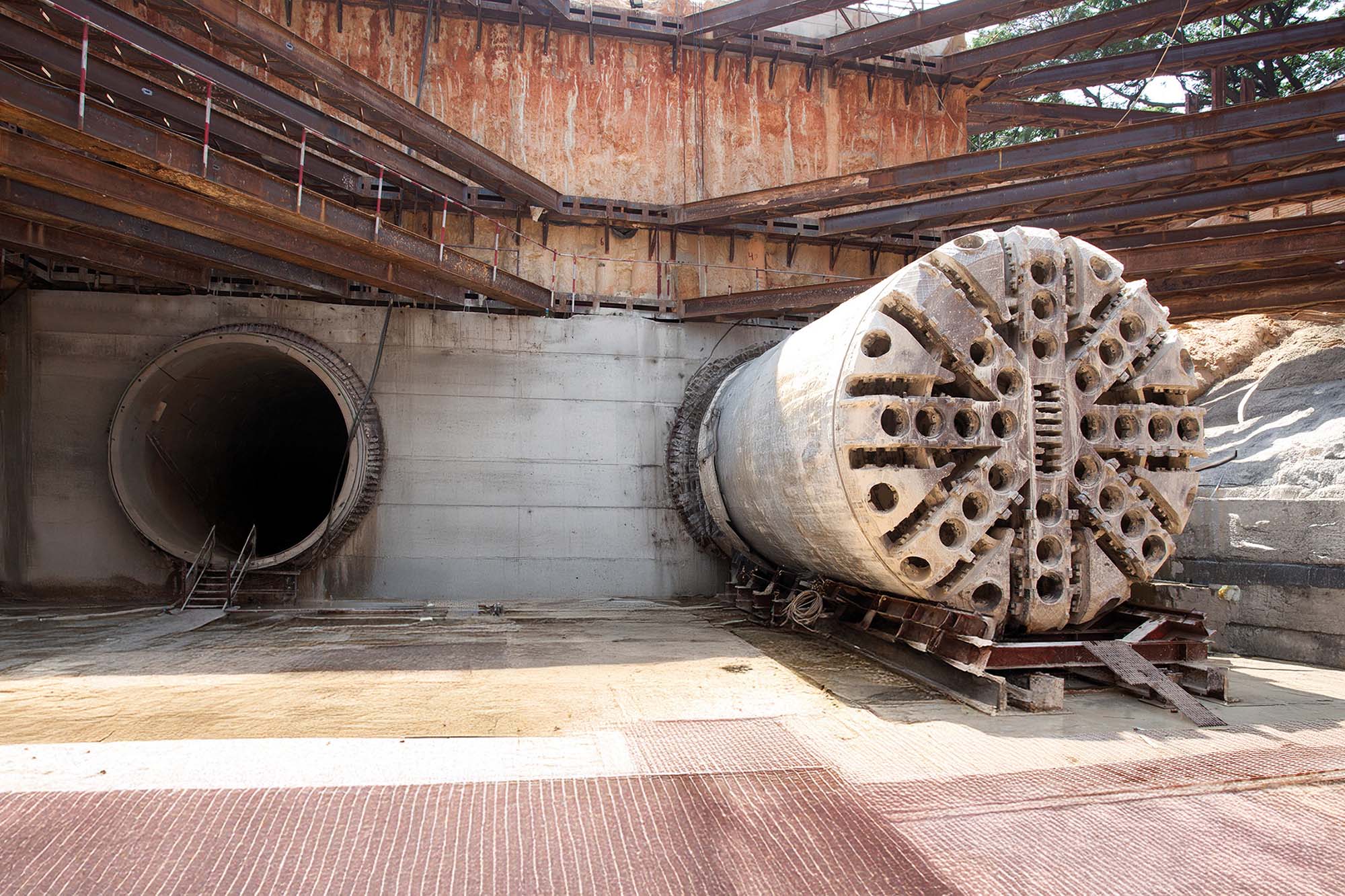Ace powers the machine tool industry with active skilling initiatives
By Staff Report April 1, 2025 6:07 pm IST
Ace Designers is deeply invested in skilling the next generation and equipping them with the right expertise. T.K. Ramesh, Managing Director, Ace Designers Ltd., shares that the group has dedicated machines, simulators, and a focused team to strengthen the education and training section.
How is the machine tool industry evolving beyond its traditional connection with the automotive sector?
Machine tools are closely linked to the automotive industry, which continues to play a significant role in the machine tool sector. However, an increasing amount of electronic manufacturing is coming into focus. Automation machines are now being utilised to produce alloy wheels applicable to electric vehicles (EVs) and conventional automobiles.
Additionally, 3D printing technology is an exciting advancement on the horizon. We are exploring applications for parts and machines in aerospace, particularly for new space missions. We are actively involved in several emerging industries, including aeronautics, space, medical, and electronics.
How is the rise of electric vehicles (EVs) impacting the automotive industry, and what role does the machine tool sector play in both traditional and evolving segments?
The rise of EVs has marked a significant shift in the automotive industry, marking a major change in this evolution. EVs have undoubtedly disrupted the automotive sector, particularly in specific areas. However, some segments remain traditional; while they may not rely solely on diesel or petrol, there is still considerable discussion around hybrids. Overall, the automotive industry continues to grow, with machine tools essential in this development.
Another important aspect is the automotive components sector, which has a substantial presence in the industry. Despite the increasing focus on EVs, they still constitute a relatively small portion of the overall market, and the traditional automotive sector remains vital to the machine tool industry. The automotive components industry in India represents a significant business, with billions of dollars generated through auto component exports, largely supported by the Indian machine tool industry.
What strategies is Ace Group implementing to expand its export business?
Exports are a significant focus for us, and we are paying great attention to this area. We are exploring new markets and have established Ace Micromatic International, our export arm. We currently have offices in Mexico, the Middle East, Germany, and China, and we are collaborating closely with partners in the United States.
Exports account for approximately 7 to 8% of our total turnover, and we aim to increase this figure to 15% within the next three years. Our strategy revolves around investing in the export market; we are making investments, setting up offices, and actively engaging with and acquiring channel partners. By 2030, we aim to achieve at least 25% of our sales from export partners.We are also committed to training and nurturing fresh engineers and operators and collaborating with academia and the broader ecosystem. These efforts will reduce our machines’ total cost of ownership.
How is Ace Group contributing to skill development in the manufacturing sector, and what initiatives are in place to train engineers, operators, and industry professionals?
We have a dedicated arm for skill development, focusing on machines for the education sector and simulators for the education system. Skilling has always been, and continues to be, a significant focus for us. To support this initiative, we have a sales and service network with 50 offices and 70 touchpoints throughout India, which are increasingly equipped to meet customer needs.
Our efforts encompass training fresh engineers and operators, collaborating with academia, and engaging with the entire ecosystem to improve our machines’ total cost of ownership. We are expanding our reach and taking a more proactive role with our customers by supporting them through leasing options and financial partner training.
Additionally, we have launched new books and an entire website to connect with customers, providing access to extensive knowledge that we aim to enhance and enrich. To further strengthen our initiatives, we have machines equipped with various training and teaching aids available to our customers.
Ultimately, there is a strong demand for skilled operators, setters, line managers, and shop supervisors, especially in the small and medium-sized enterprise (SME) and micro, small, and medium enterprises (MSME) sectors. Recognising this need, we are investing in skilling initiatives and have a dedicated team focused on this area.
What role does a strong machine tool base play in the growth of India’s manufacturing sector?
In India, manufacturing growth is closely tied to having a strong machine tool base. The future looks promising in this area. However, there are several initiatives we need to focus on, such as improving productivity and managing costs. The cycle is coming full circle—after Europe, Japan, Korea, Taiwan, and, of course, China, it is now India’s turn. While the path forward will not be easy, I am optimistic about the potential of the machine tool industry, especially given the government’s and industry’s collective efforts towards its development.
Cookie Consent
We use cookies to personalize your experience. By continuing to visit this website you agree to our Terms & Conditions, Privacy Policy and Cookie Policy.



